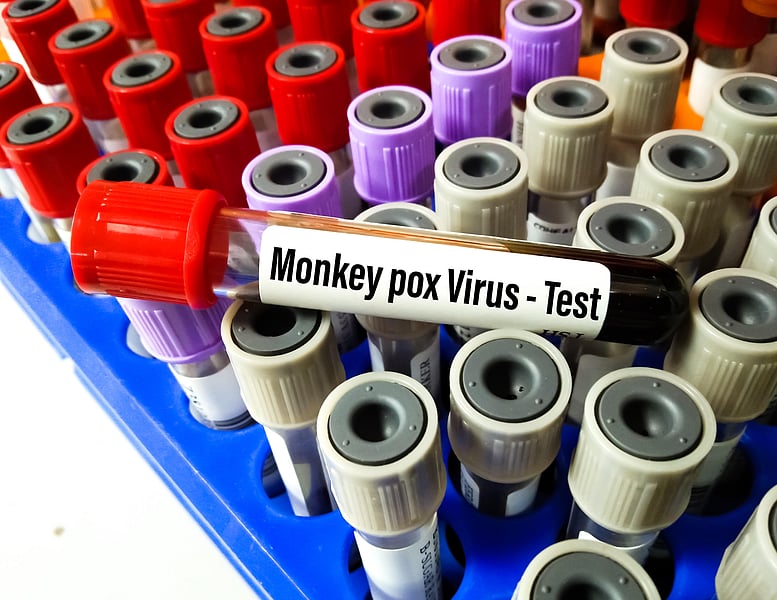Please call us to schedule your appointment or if you need us to help you decide which vaccinations you need.
(315) 848-3784
NEW! Access your prescriptions online. Click
Manténgase sano!

- Cara Murez
- Posted July 25, 2022
WHO Declares Monkeypox a Global Health Emergency
Monkeypox, which has now spread to 75 countries and sickened at least 16,000 people, has been declared a global health emergency by the World Health Organization (WHO).
The declaration came after WHO Director General Dr. Tedros Adhanom Ghebreyesus overruled a panel of advisors that could not come to a consensus on whether the virus had reached that level of concern or not.
"We have an outbreak that has spread around the world rapidly through new modes of transmission, about which we understand too little, and which meets the criteria"for a public health emergency, Tedros said during a media briefing on Saturday.
The WHO panel was hesitant to make the declaration because the virus is still spreading mostly in the primary risk group, men who have sex with men, and not among more vulnerable groups, including pregnant women, older adults or children, The New York Times reported. However, of the 3,000 cases now reported in the United States, two were children.
Only COVID-19 and polio have received the same designation, which can help prompt member countries to invest resources to help curb the outbreak, and to share vaccines and treatments.
It could take a year or more to tame the outbreak, Dr. James Lawler, co-director of the University of Nebraska's Global Center for Health Security, told the Times.
"We've now unfortunately really missed the boat on being able to put a lid on the outbreak earlier,"Lawler said. "Now, it's going to be a real struggle to be able to contain and control spread."
Some in the LGBTQ community have said the virus has not received the attention it deserves, similar to the early days of the HIV epidemic, the Times reported.
Still, the WHO's declaration is "better late than never,"Dr. Boghuma Titanji, an infectious diseases doctor at Emory University in Atlanta, told the Times.
But with the delay, "one can argue that the response globally has continued to suffer from a lack of coordination, with individual countries working at very different paces to address the problem,"she added. "There is almost capitulation that we cannot stop the monkeypox virus from establishing itself in a more permanent way."
Governments need to prepare for new epidemics without notice, Tom Inglesby, director of the Johns Hopkins Center for Health Security in Baltimore, told the Times.
"As much as the world is tired of infectious disease crises, they are part of a new normal that is going to demand a lot of ongoing attention and resources,"he said. "We need global vaccine and therapeutics production and stockpiling approaches that don't yet exist."
Not coordinating a response has also meant lost opportunities to collect data in large multinational studies.
"This inability to characterize the epidemiological situation in that region represents a substantial challenge to designing interventions for controlling this historically neglected disease,"Tedros said about the West and Central African countries where monkeypox is endemic, the Times reported.
Symptoms in the latest monkeypox outbreak include lesions in the throat, urethra and rectum that can be very painful. Fever, body aches or respiratory symptoms are typically associated with the disease, but those symptoms are not being experienced by all during this outbreak, the Times reported.
Meanwhile, a recent genetic analyses of samples from infected patients showed the monkeypox genome has collected nearly 50 genetic mutations since 2018, far more than the six or seven it would have been expected to express in that period.
Whether the mutations have changed the transmission, severity or other qualities of the virus isn't clear, but the data hints that monkeypox may be spreading more easily since 2018.
More information
The U.S. Centers for Disease Control and Prevention has more on monkeypox.
SOURCE: The New York Times







